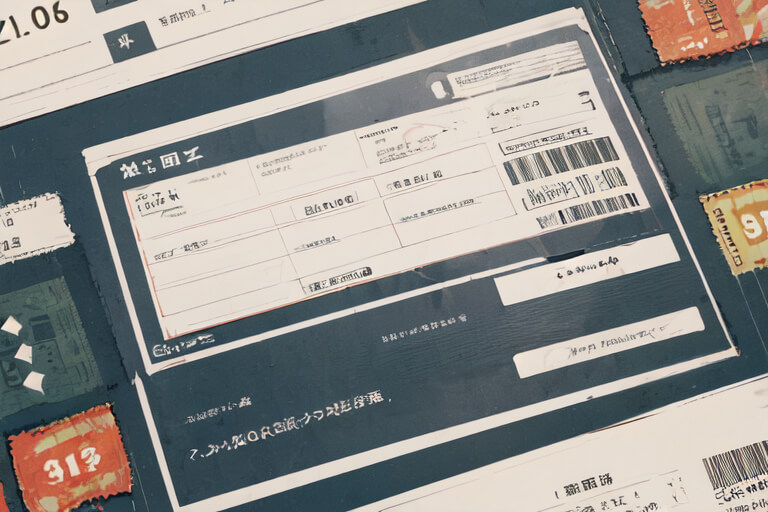The allure of the lottery is undeniable – the dream of hitting a life-changing jackpot with a single ticket. While the lottery is ultimately a game of chance, many players seek ways to increase their odds or approach the game with a more strategic mindset. This guide will delve into lottery “secrets,” unveil number selection techniques, and discuss efficient gameplay approaches, helping you navigate the world of lottery with a clearer perspective.
Understanding the Lottery: The Fundamentals
Before exploring strategies, it’s essential to grasp the core concepts:
- Random Number Generation: Lottery drawings rely on random number generation, whether through mechanical ball machines or computer algorithms. Each number has an equal chance of being drawn in each draw.
- Odds and Probabilities: The odds of winning the jackpot in most lotteries are astronomically high. Understanding these odds is crucial for managing expectations. Smaller prizes have better odds, but the payouts are significantly lower.
- The House Edge: Like other forms of gambling, the lottery has a significant “house edge,” meaning a large portion of the ticket sales goes back to the lottery organization for prizes, operating costs, and often contributions to public funds.
Lottery “Secrets” and Strategic Thinking (with a Realistic Perspective):
It’s important to be realistic: there are no guaranteed “secrets” to winning the lottery. No system can predict random numbers. However, players can adopt strategies that might slightly influence their chances or improve their overall approach:
- Play Consistently (Within Your Means): Buying tickets regularly, rather than sporadically, increases the number of opportunities you have to win over time. However, this must be done within a strict budget you can afford to lose.
- Join a Lottery Pool or Syndicate: Playing with a group significantly increases the number of tickets purchased, thus increasing the group’s overall odds of winning. If the pool wins, the prize is shared among the members. This can be a fun and social way to play.
- Choose Lotteries with Better Odds (Relatively Speaking): While all lottery odds are long, some games offer slightly better chances of winning smaller prizes. Look into local or regional lotteries that might have fewer numbers to choose from or a smaller pool of potential winners.
- Consider Second-Chance Drawings: Many lotteries offer second-chance drawings for non-winning tickets. Always check your tickets for eligibility and enter these drawings.
- Don’t Fall for Scams: Be extremely wary of anyone claiming to have a guaranteed system or asking for money to share winning numbers. These are almost always scams.
Unveiling Number Selection Techniques (Approaches, Not Guarantees):
While random number generation is the norm, players often employ various techniques for selecting their numbers. It’s vital to remember these are approaches to choosing numbers, not methods to predict winners:
- Quick Pick: Letting the lottery terminal randomly generate your numbers is a perfectly valid approach. Since drawings are random, Quick Pick has the same probability of winning as any other method.
- Using Significant Dates: Many players use birthdays, anniversaries, or other important dates. The drawback here is that you are limited to numbers between 1 and 31, potentially missing out on higher numbers if the lottery requires them. This also means you are more likely to share a prize if those numbers are drawn, as many people use similar dates.
- Picking Numbers Based on “Hot” or “Cold” Trends (with Caution): Some players track past winning numbers and identify “hot” (frequently drawn) or “cold” (infrequently drawn) numbers. However, this is based on the gambler’s fallacy. Past draws have no bearing on future draws. The probability of a number being drawn remains the same regardless of how often it has been drawn in the past.
- Using Number Frequency Analysis Software (with Skepticism): There are software programs that analyze past lottery results and suggest numbers based on frequency. Again, this is based on the flawed assumption that past performance indicates future outcomes. Treat these tools as novelty items rather than predictive tools.
- Choosing a Mix of High and Low Numbers: Some players try to balance their selections with a mix of numbers from the lower and higher ranges of the number pool.
- Avoiding Obvious Patterns: Choosing numbers that are in a straight line on the playslip or follow a simple sequence might seem appealing, but these patterns are often popular, increasing the chance of sharing a prize if they are drawn.
- Picking Numbers that Haven’t Been Drawn Recently (Again, with Caution): Similar to “cold” numbers, some players focus on numbers that haven’t appeared in recent draws. This is another approach based on the gambler’s fallacy.
Efficient Gameplay Approaches:
Beyond number selection, consider these points for a more efficient lottery experience:
- Set a Budget and Stick to It: This is the most crucial aspect of responsible lottery play. Treat lottery tickets as entertainment expenses and never spend more than you can afford to lose.
- Understand the Prize Structure: Familiarize yourself with the different prize tiers and the odds of winning each. Winning smaller prizes is more likely and can make playing more engaging.
- Check Your Tickets Promptly: Don’t miss out on potential winnings by forgetting to check your tickets.
- Keep Your Tickets Safe: Treat your lottery tickets like cash. Sign the back of your winning tickets immediately.
- Consider Annuity vs. Lump Sum (for Large Jackpots): If you win a large jackpot, you’ll likely have the option of receiving the prize as an annuity (paid out over several years) or a lump sum (a smaller amount paid out at once). Consider your financial needs and consult with a financial advisor before making this decision.
- Play for Fun: Remember that the lottery is primarily a form of entertainment. Enjoy the excitement and the possibility of winning, but don’t let it become a financial burden.

Conclusion:
While the lottery is a game of chance with long odds, understanding the fundamentals, approaching number selection with a realistic perspective, and adopting efficient gameplay habits can enhance your enjoyment and potential for winning smaller prizes. There are no magic “secrets” to guarantee a jackpot, but by playing responsibly and strategically within your means, you can make your lottery experience more informed and potentially more rewarding. Good luck!
